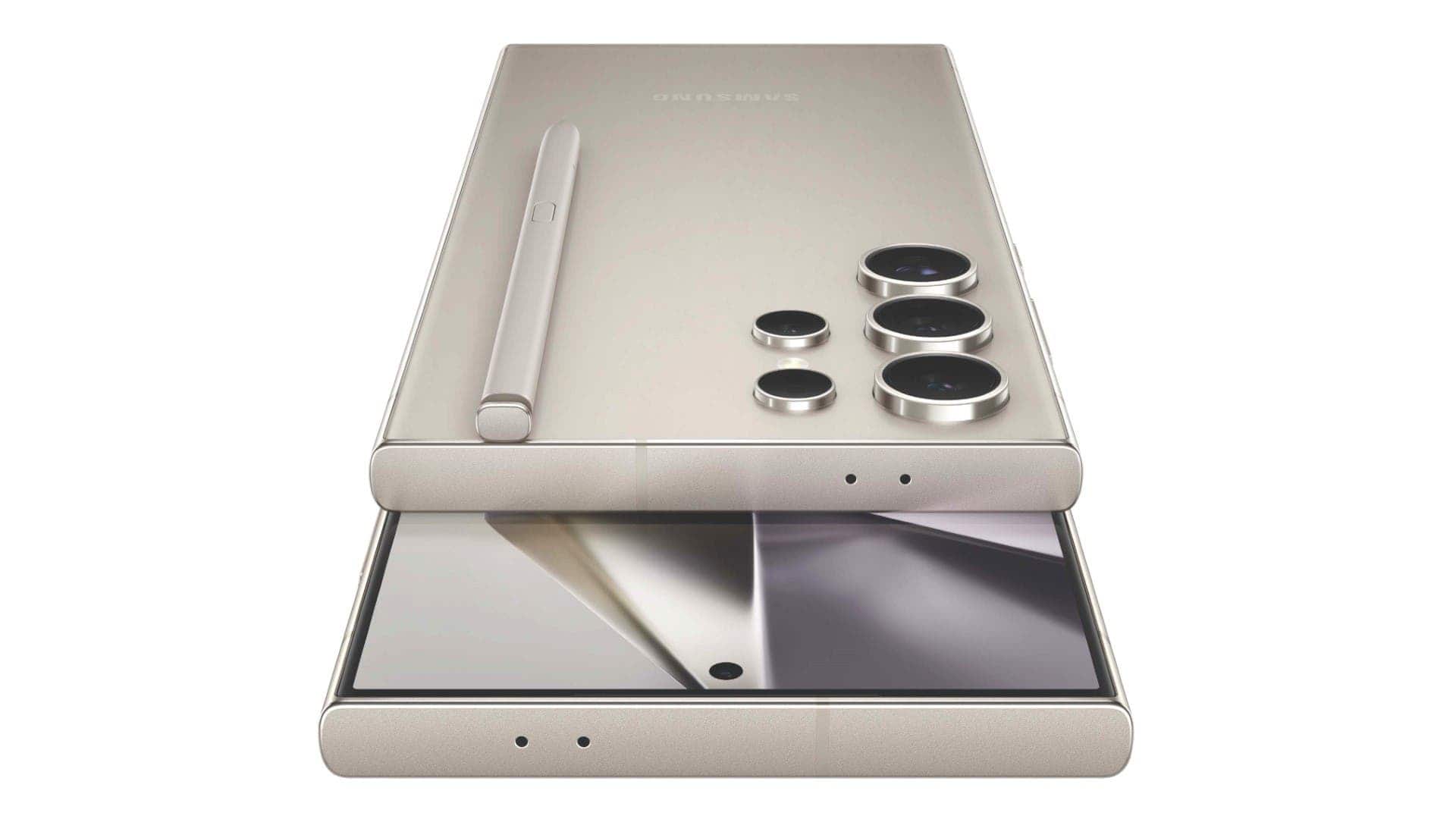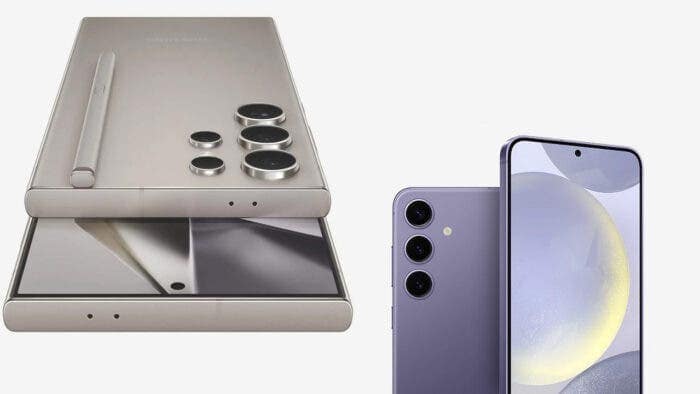Industry analyst Ming-Chi Kuo has sparked speculation about Samsung’s mobile processor strategy for the upcoming Galaxy S25 series. Kuo suggests the devices, expected in about six months, might exclusively feature Qualcomm’s next-generation Snapdragon 8 Gen 4 chipset. This potential shift would depart from Samsung’s usual practice of using both its Exynos processors and Qualcomm Snapdragon SoCs across different regions for Galaxy S series devices.
A Shift in Strategy? Samsung Galaxy S25 Series May Embrace Qualcomm Snapdragon Exclusively

This potential shift can be attributed to two key factors. Firstly, reports suggest Samsung is encountering production yield issues with its own 3nm Exynos 2500 chipset. Lower yield rates signify a higher percentage of unusable chips during the manufacturing process, impacting both production efficiency and cost. Samsung acknowledges these challenges and is actively developing the Exynos 2500. However, current yield rates may not be adequate for mass production in time for the Galaxy S25 launch.
Secondly, Kuo’s prediction aligns with a recent trend of Samsung exploring cost-effective alternatives. This is evidenced by the use of MediaTek’s Dimensity 9300+ chip in the Galaxy Tab S8+ model, a move likely motivated by cost optimization. Additionally, rumors suggest Samsung might equip both the upcoming Galaxy Z Flip6 and Z Fold6 foldable phones with the current Snapdragon 8 Gen 3 SoC, potentially forgoing the Exynos option for these high-end devices as well.
However, a complete shift to Qualcomm processors wouldn’t be without its drawbacks. The Snapdragon 8 Gen 4 is expected to be significantly more expensive than its predecessor, with estimates suggesting a price increase of 25-30%. This may raise production costs for Samsung, potentially affecting the final pricing of the Galaxy S25 series. Conversely, Qualcomm and TSMC could benefit greatly from increased orders if Samsung opts for the Snapdragon 8 Gen 4 exclusively.
While the current situation suggests a Qualcomm-exclusive Galaxy S25 series, the mobile technology industry is dynamic. With six months until the expected launch, improvements in Exynos 2500 production or strategic changes at Samsung could change plans. Regardless of the final processor choice, Samsung faces a critical decision impacting performance, cost structure, and potentially the pricing of its upcoming flagship smartphones.





